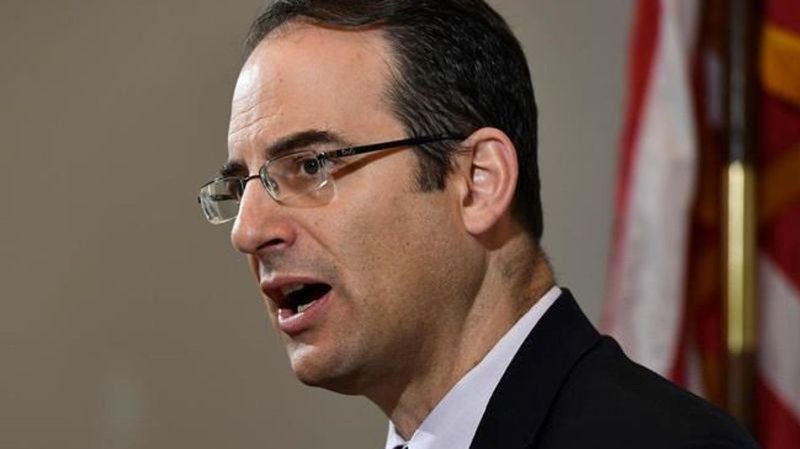
Colorado officers won’t be charged for detaining Black girls
DENVER — Suburban Denver police officers who detained four Black girls by gunpoint, handcuffing two of them, after wrongly suspecting they were riding in a stolen car this summer won’t be charged, prosecutors said Friday.
It came the same day the Colorado attorney general opened a grand jury investigation into the death of Elijah McClain, a 23-year-old Black man who was stopped as he walked down the street, placed in a neck hold and injected with a sedative in 2019.
Both involved officers from the Aurora Police Department and drew national attention during America’s reckoning over racism and police brutality.
Months after video of the girls laying face down in a parking lot — some in tears — spread on social media, a review by the district attorney’s office found no evidence beyond a reasonable doubt that the officers acted unlawfully during the Aug. 2 traffic stop. But chief deputy district attorney Clinton McKinzie called it “disturbing” that children were placed face-down on the ground at gunpoint.


